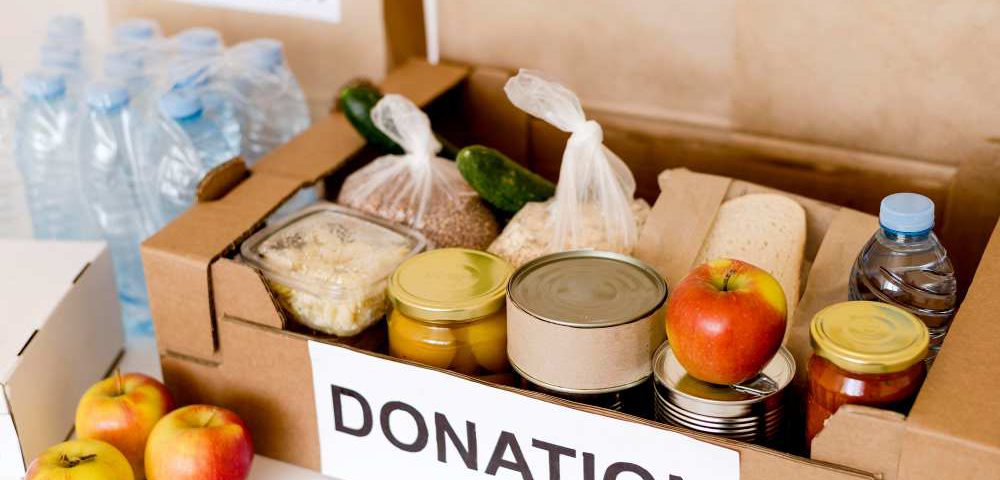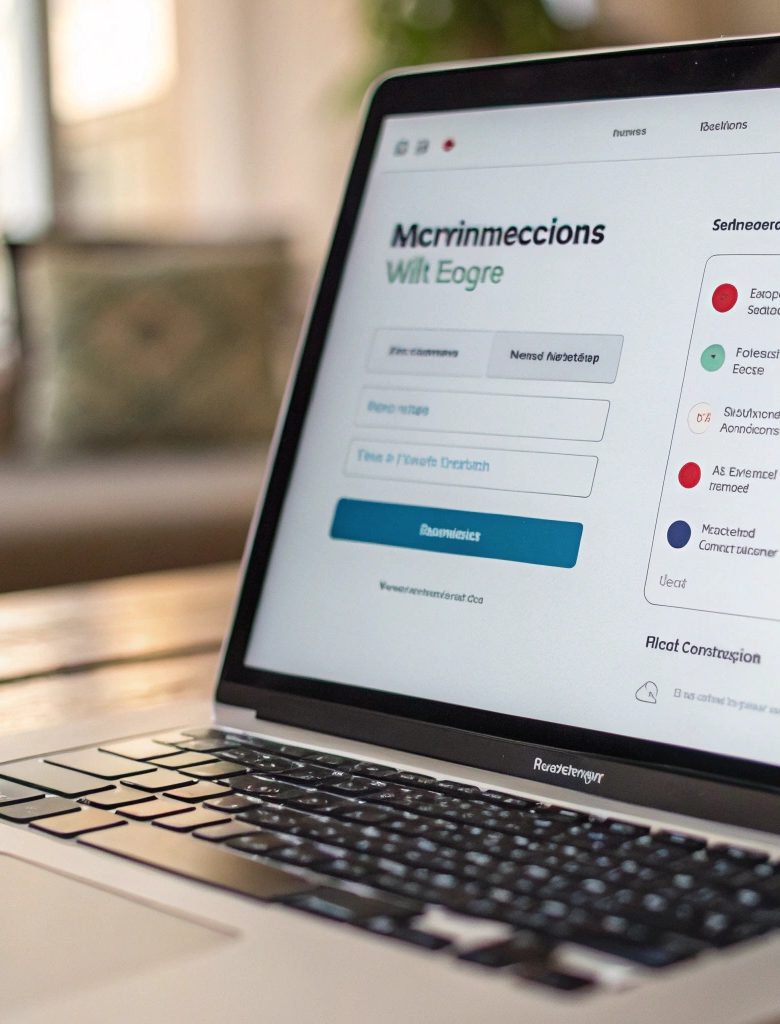What Kinds of Programs Are Most Suitable to Collect Food for a Food Bank in Malaysia?
Choosing Good Букмекерские Конторы Промокоды
January 17, 2025Listen To Your Customers. They Will Tell You All About Бонусный Счет На 1 Xbet Как Использовать
January 17, 2025Food banks in Malaysia are vital in addressing hunger and food insecurity. However, their success depends heavily on the steady collection of food donations. Organizing effective food collection programs is critical to keeping food banks well-stocked and ready to assist those in need.
This article explores the best types of programs to collect food for food banks in Malaysia, providing actionable insights and examples to inspire your next initiative. Whether you’re an individual, a business, or a community group, there’s something here for everyone.
Why Food Collection Programs Are Essential
1. Meeting Growing Demand
With an increasing number of people relying on food banks, the need for food collection programs is greater than ever.
2. Reducing Food Waste
In Malaysia, over 15,000 tonnes of food are wasted daily. Food collection programs help redirect surplus food to those who need it.
3. Building Community Engagement
These programs unite individuals, businesses, and communities collectively to combat hunger.
Most Suitable Programs to Collect Food for Food Banks in Malaysia
1. Community Food Drives
Community food drives are one of the most straightforward and effective ways to collect food. These initiatives involve rallying a group of people, such as neighbors, schools, or religious organizations, to donate non-perishable food items.
- How It Works: Set up collection points in accessible locations and encourage participants to donate specific items like rice, canned goods, and dried pasta.
- Benefits: Promotes community spirit and raises awareness about food insecurity.
2. Corporate Food Donation Programs
Businesses play a significant role in supporting food banks by organizing food donation drives within their organizations.
- How It Works: Companies encourage employees to donate food or organize surplus collections from corporate cafeterias.
- Benefits: Leverages corporate resources and networks to make a substantial impact.
3. School Food Collection Campaigns
Schools are excellent hubs for food collection, as they bring together students, parents, and teachers for a common cause.
- How It Works: Schools can hold food donation weeks, where students bring items from home. Competitions between classes can add a fun, engaging element.
- Benefits: Instills values of empathy and community service in young people.
4. Supermarket Collection Points
Setting up collection bins in supermarkets is a highly effective way to collect food from shoppers.
- How It Works: Place donation bins near checkout areas, along with signs encouraging customers to contribute items they’ve just purchased.
- Benefits: Convenient for donors and can yield significant quantities of food.
5. Digital Food Collection Campaigns
In today’s digital age, online campaigns are an innovative way to collect food donations.
- How It Works: Use crowdfunding platforms or social media to raise funds specifically for purchasing food for food banks. Virtual food drives can also involve sponsors who match donations.
- Benefits: Reaches a broader audience and is ideal when physical gatherings are limited.
How to Organize a Successful Food Collection Program
1. Define Clear Goals
Set specific targets, such as the type and quantity of food you aim to collect.
2. Partner with Local Food Banks
Work directly with food banks to understand their needs, ensuring your efforts meet their requirements.
3. Promote the Program
Use social media, posters, and word-of-mouth to spread the word. Highlight the impact of the donations to inspire more people to participate.
4. Make It Convenient
Set up multiple collection points and offer flexible drop-off hours to encourage participation.
5. Recognize Contributions
Show appreciation to donors and volunteers by acknowledging their efforts publicly.
Benefits of Food Collection Programs
1. Direct Impact on Hunger
Every item collected contributes to feeding individuals and families in need.
2. Promotes a Culture of Giving
Regular food drives normalize the act of giving, fostering a compassionate society.
3. Strengthens Community Bonds
These programs bring people together for a shared purpose, enhancing community solidarity.
Challenges and How to Overcome Them
1. Lack of Awareness
Many people may not be aware of food banks or the importance of food collection programs.
- Solution: Conduct awareness campaigns and provide clear information about the initiative.
2. Inappropriate Donations
Items like expired food or perishable goods can create logistical challenges.
- Solution: Provide clear guidelines on what to donate.
3. Limited Resources
Organizing a food collection program requires time, effort, and sometimes funding.
- Solution: Seek partnerships with local businesses, schools, or NGOs for support.
Examples of Successful Food Collection Programs in Malaysia
1. The Lost Food Project
This initiative rescues surplus food from supermarkets and restaurants, redistributing it to food banks and charities.
2. Kechara Soup Kitchen
Known for its community-focused approach, this organization runs regular food collection programs in urban areas.
3. Zero Waste Malaysia
Focused on sustainability, this group organizes food rescue and donation events to minimize waste and support food banks.
FAQs About Food Collection Programs for Food Banks
1. What types of food should be donated to food collection programs?
Non-perishable items such as rice, canned goods, dried pasta, and cooking oil are ideal. Avoid donating perishable or expired food.
2. How can I start a food collection program in my community?
Begin by partnering with a local food bank, setting clear goals, and promoting the initiative through social media and community networks.
3. Can businesses partner with food banks for food collection?
Absolutely! Businesses can organize internal food drives or donate surplus food directly to food banks.
4. How can I ensure my food collection program is successful?
Plan thoroughly, collaborate with food banks, promote the event effectively, and provide clear donation guidelines.
5. Are digital food collection campaigns effective in Malaysia?
Yes, digital campaigns are highly effective for reaching a wide audience and raising funds to purchase food for food banks.
Food collection programs are essential in addressing hunger and food insecurity in Malaysia. By choosing the right type of program and organizing it effectively, you can make a meaningful contribution to this vital cause. Whether it’s a community food drive, a corporate initiative, or a digital campaign, every effort counts.
Want to learn more? Read: https://empireadda.com/volunteer-for-a-food-bank-in-malaysia-responsibilities/





